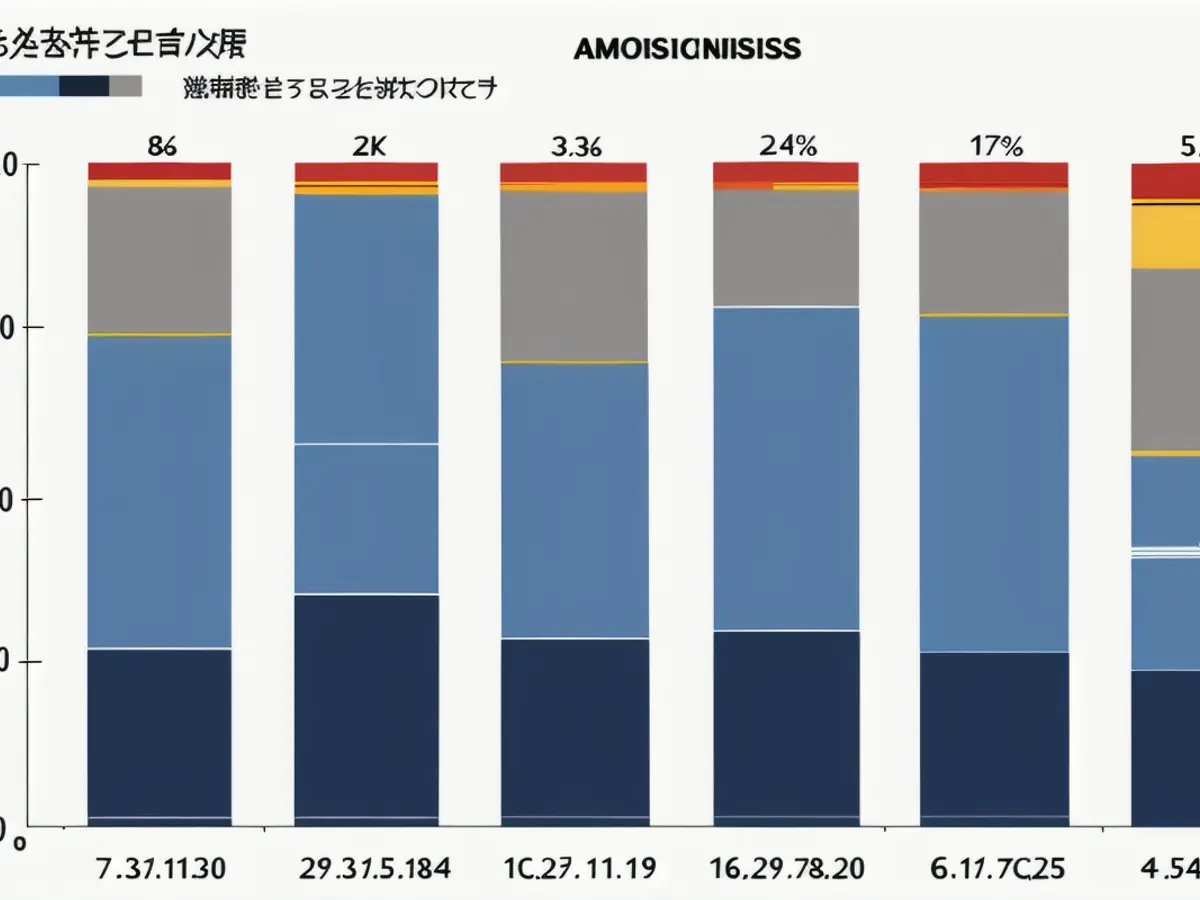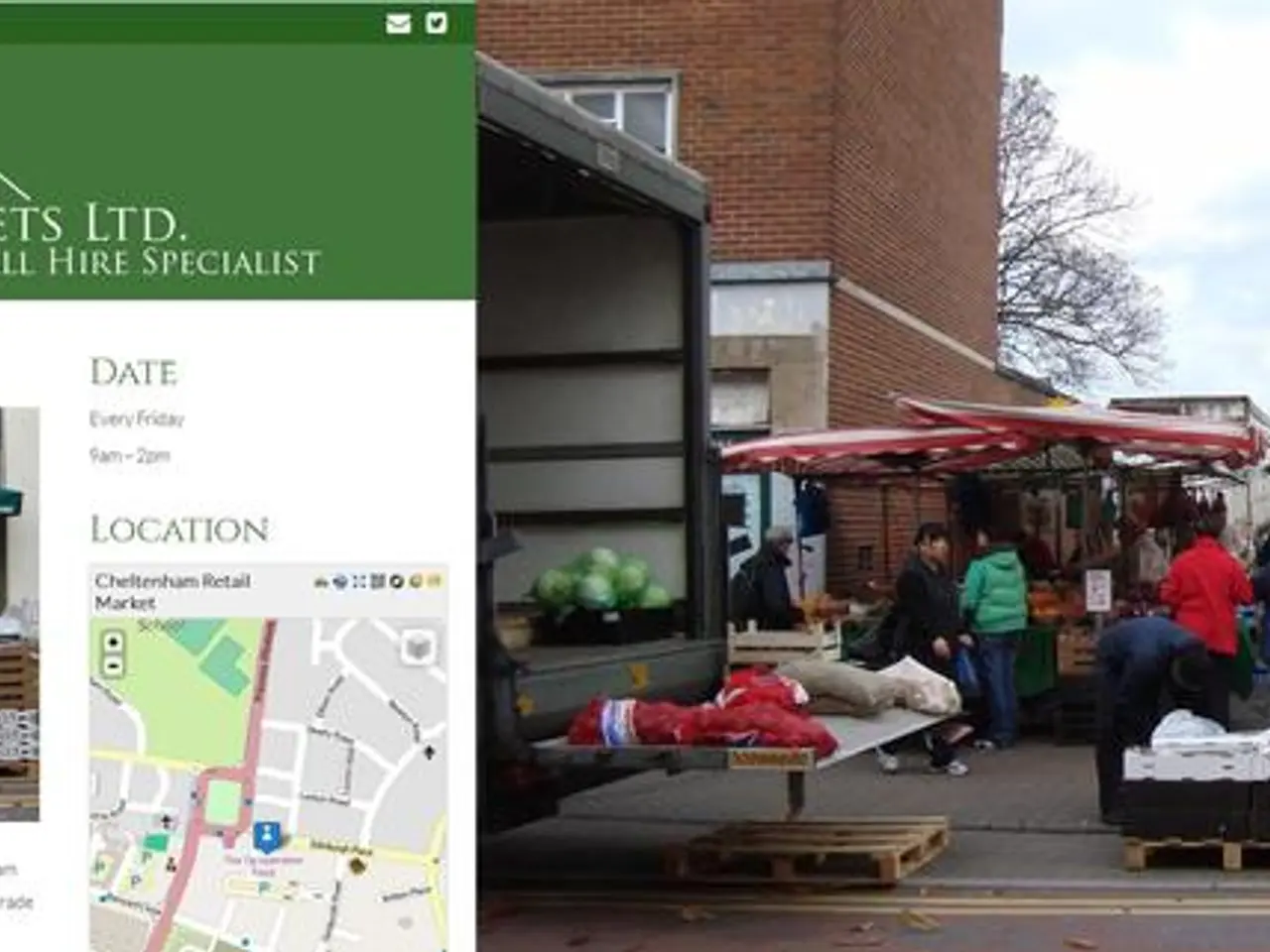AI's Impact on Critical Thinking: Insights from Recent Microsoft Studies
AI is taking over business tasks, and it's making us question our critical thinking skills. Are we still using our brains when AI does the heavy lifting? This isn't just for show; it impacts job satisfaction and raises questions about whether we're here to think or simply to do.
Researchers from Carnegie Mellon University and Microsoft Research investigated knowledge workers who use AI tools frequently. Their findings reveal how our work patterns are already changing due to AI.
They concentrated on two main aspects:
- Under what circumstances do knowledge workers apply critical thinking with generative AI?
- Why and when do these professionals increase or decrease their critical thinking due to these tools?
When do we think critically alongside AI?
This study showed a correlation between trust and critical thinking: the more faith you place in AI's abilities, the less likely you'll think critically about its outputs. Professionals who trusted their own skills were more likely to conduct critical analysis on AI-generated content, despite the additional effort required.
This creates a catch-22. As AI tools improve and gain our trust, our inclination to review their outputs decreases - precisely when critically assessing them is most crucial.
'NYT Mini' Clues And Answers for Saturday, March 15
Goodbye Old Tesla Model Y in U.S., Hello Massive Price Cut
Virginia Derby Odds and Picks En Route to the Kentucky Derby 2025
Researchers have pinpointed factors that motivate and hinder critical thinking with AI. Knowledge workers are driven to think critically when they aim to enhance work quality, prevent errors, and build professional skills.
However, several obstacles prevent critical engagement: a lack of awareness about the competence of AI for simple tasks, a lack of motivation due to limited time or the perception that critical thinking is beyond one's job responsibilities, and ability barriers due to the inability to verify AI outputs or enhance solutions.
Lev Tankelevitch, a senior researcher at Microsoft Research and co-author of the paper, noted, "Our survey-based study suggests that when people view a task as low-stakes, they may not scrutinize outputs as critically. However, when the stakes are higher, people naturally engage in more critical evaluation." Over time, workers who don't practice critical thinking during everyday tasks may find themselves ill-prepared for high-stakes situations where these skills are essential.
Making Critical Thinking Easier or Harder?
For most cognitive activities (knowledge, comprehension, application, analysis, synthesis, and evaluation), knowledge workers reported that generative AI made tasks easier.

Beyond reducing effort, the nature of critical thinking is changing in three fundamental ways:
- From info gathering to info verification: AI excels at retrieving and organizing information, but professionals must now invest extra effort to ensure the information is accurate.
- From problem-solving to response integration: AI efficiently creates solutions, but workers must adapt these outputs to specific scenarios.
- From task execution to task stewardship: Knowledge workers are transitioning from performing tasks alone to guiding and overseeing AI in their completion.
Future Job Design
These shifts in critical thinking patterns will have a profound impact on the future of work in several ways.
First, organizational structures will likely emphasize oversight roles. We will continue to see new jobs created specifically for AI prompt engineering, output verification, and quality control.
Second, performance evaluation metrics will need re-calibration. Traditional metrics often focus on task execution speed and quality, but in an AI-augmented workplace, the ability to effectively guide and evaluate AI outputs may become more valuable than personal execution capabilities.
Third, workplaces must address the issue of automating routine cognitive tasks that inadvertently reduce opportunities to develop critical thinking skills. This creates an "irony of automation" problem where, as we become more automated, the need for oversight becomes greater, and yet fewer workers have the necessary skills to provide this oversight.
Forward-thinking organizations will design deliberate practice opportunities for critical thinking, including incorporating verification steps into workflows to keep critical engagement high.
Inconvenient as it may be, future AI interfaces could intentionally prompt critical reflection rather than promoting passive acceptance of outputs. This could lead to cognitive forcing functions that require users to actively engage with AI responses before proceeding.
Future Skills
The skills valued most in knowledge workers are evolving. Domain expertise remains vital, but it now pairs with new competencies in AI direction, evaluation, and integration.
The transformation of critical thinking in the AI era doesn't mean its end, but rather its evolution. As knowledge work becomes increasingly collaborative with AI, our capacity for thoughtful oversight, verification, and integration will define workplace success.
Tankelevitch concludes, "Across all of our research, there is a common thread: AI works best as a thought partner, complementing the work people do. When AI challenges us, it doesn't just boost productivity; it drives better decisions and stronger outcomes."
Those who thrive won't be those who most enthusiastically embrace or reject AI, but those who develop a balanced approach that leverages AI capabilities while maintaining critical thinking skills, ever vigilant in the face of automation.
- Researchers from Carnegie Mellon University and Microsoft Research found that a lack of trust in AI capabilities can hinder critical thinking, as professionals who trust their own skills are more likely to critically analyze AI-generated content.
- The study highlighted factors that motivate and hinder critical thinking with AI, such as a lack of awareness about AI competence, limited motivation, and ability barriers due to the verification and enhancement of AI outputs.
- As AI tools continue to improve, workers may need to practice critical thinking during everyday tasks in order to be prepared for high-stakes situations where these skills are essential, according to Lev Tankelevitch, a senior researcher at Microsoft Research.



